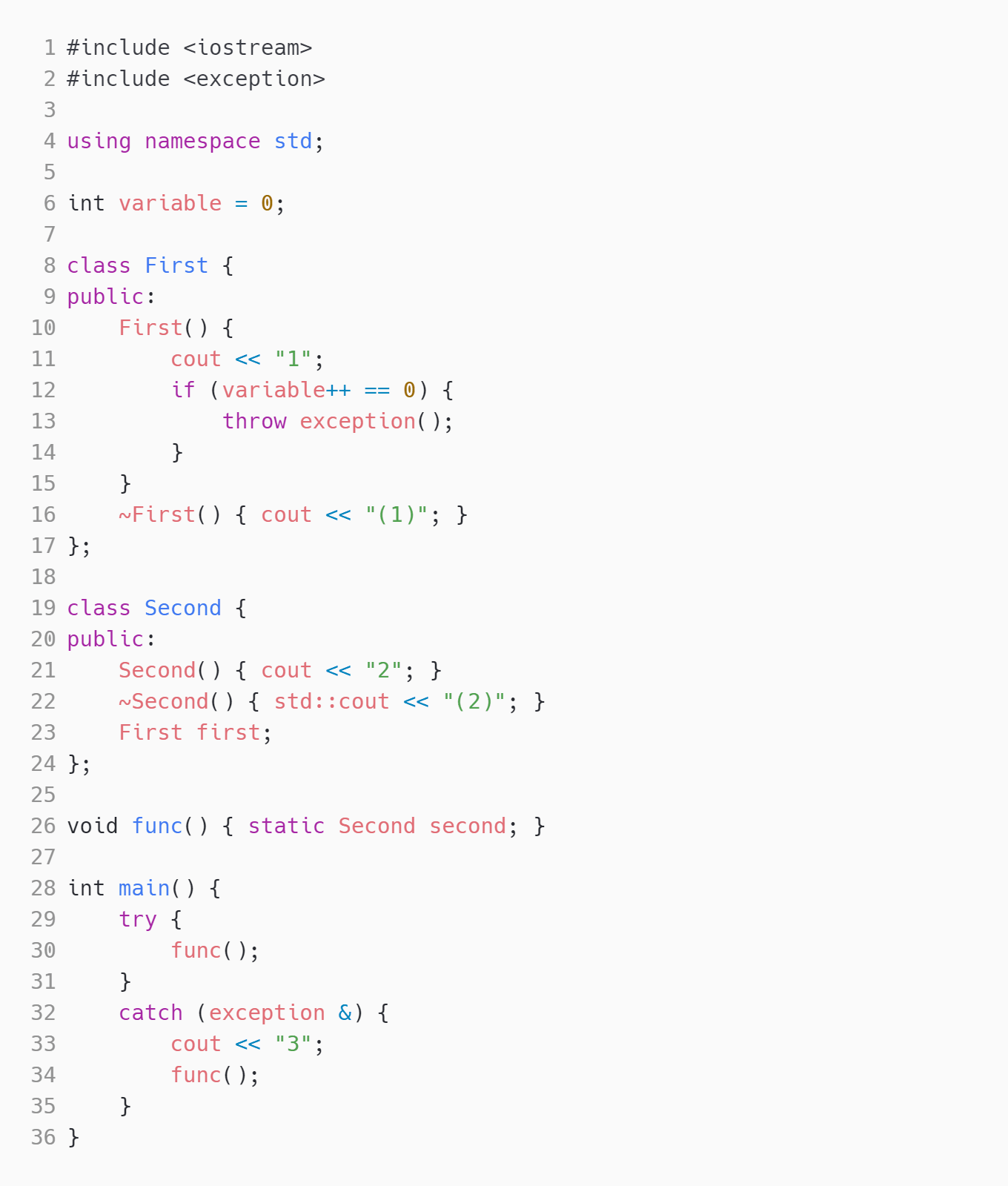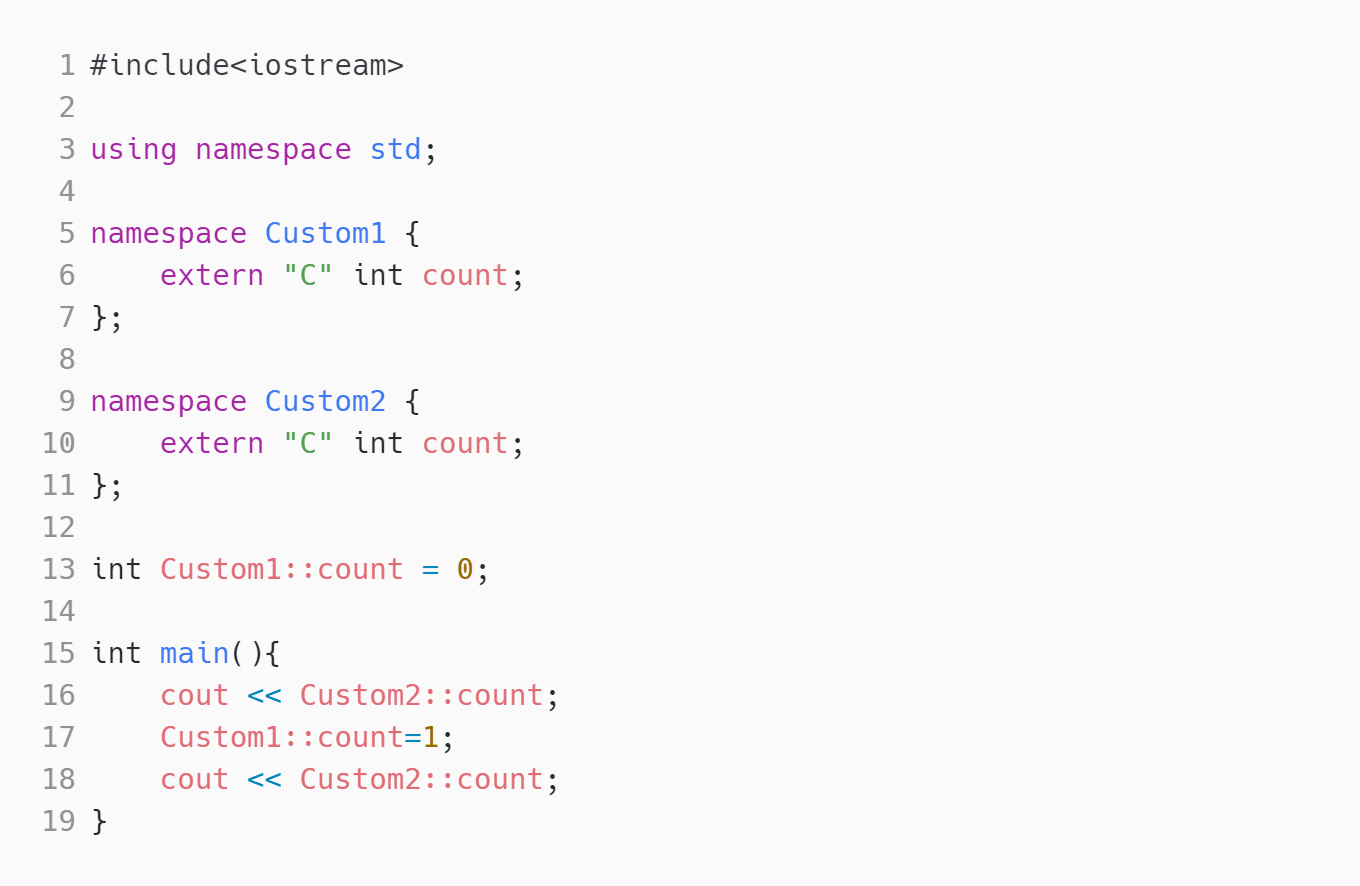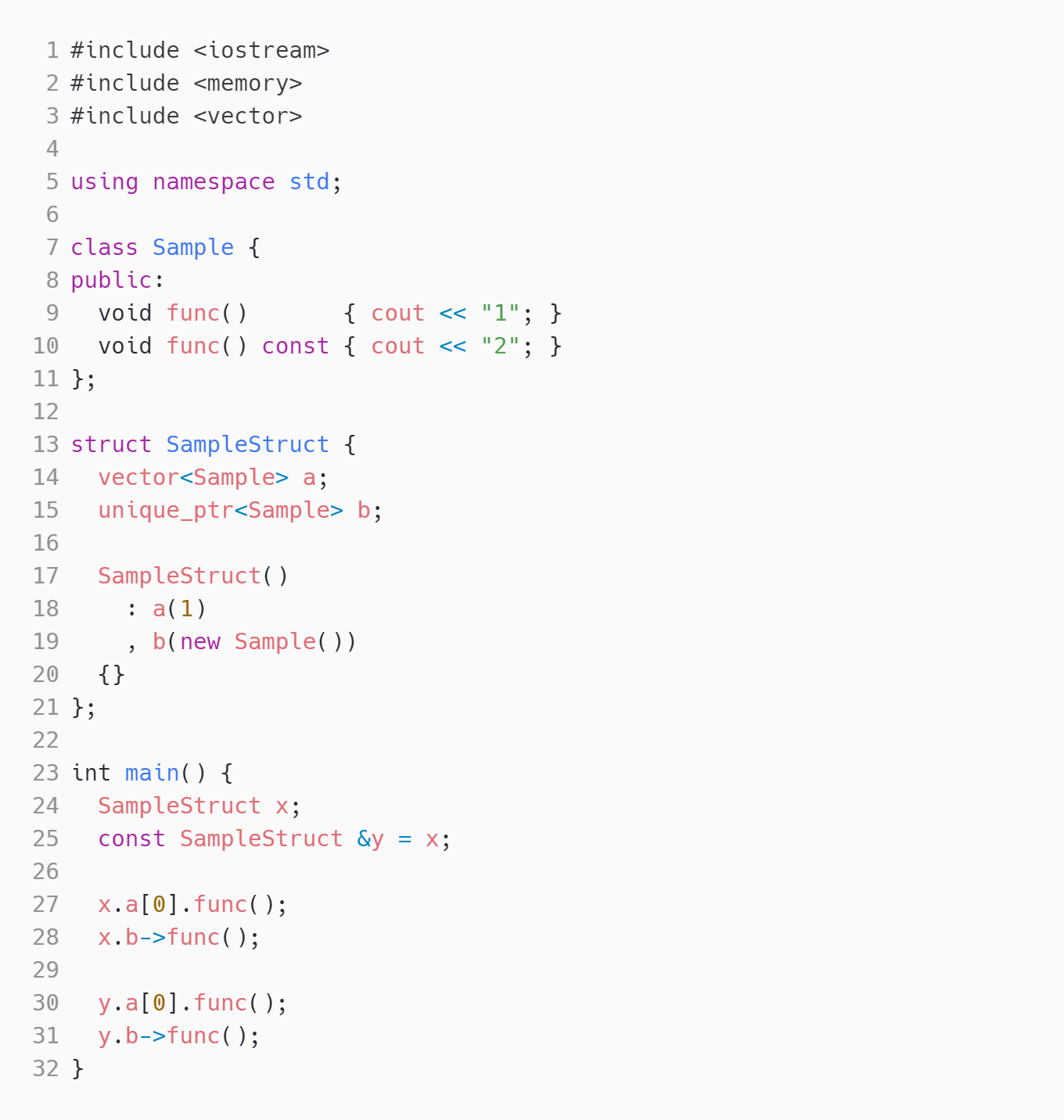C++ Basics: C++ Basics covers the fundamental building blocks of the C++ programming language, including data types, variables, and operators. This skill is essential to assess as it forms the foundation for understanding and writing C++ code accurately and efficiently.
Functions, Modules and Data Structures: This skill focuses on the use of functions, modules, and data structures in C++. It is important to measure this skill as it demonstrates the candidate's ability to organize code, manage dependencies, and implement efficient data structures for optimal performance.
Pointers and References: Pointers and references are advanced concepts in C++ that allow for more efficient memory management and manipulation. Measuring this skill helps assess a candidate's understanding of memory allocation, addressing, and the ability to work with complex data structures.
Using Existing Classes and Creating New Classes: Assessing the candidate's ability to work with existing classes and create new classes is crucial for determining proficiency in object-oriented programming. This skill showcases the candidate's knowledge of encapsulation, inheritance, and abstraction, which are fundamental concepts in OOP.
OOPS (Inheritance, Polymorphism, Overloading): OOPS, which stands for Object-Oriented Programming (OOP) concepts such as inheritance, polymorphism, and overloading, is a key skill to measure in this test. It helps determine the candidate's understanding of code reuse, flexibility, and extensibility, which are essential principles in designing and implementing modular and maintainable code.
Memory Model and Memory Management: This skill evaluates the candidate's understanding of how memory is organized and managed in C++. It is important to measure as it demonstrates the candidate's knowledge of memory allocation, deallocation, and optimization, which can greatly impact the performance and stability of a program.
STL (Arrays, Vectors, Maps, Sets): Assessing knowledge of the Standard Template Library (STL) in C++ is crucial as it provides a set of powerful data structures and algorithms that can greatly simplify and enhance code development. This skill indicates the candidate's familiarity with using commonly used data structures such as arrays, vectors, maps, and sets, which are essential for efficient and effective programming.
Functions and Class Templates: Understanding and working with function and class templates in C++ is important as it allows for generic programming and code reuse. Measuring this skill helps determine the candidate's ability to write flexible and reusable code that can be adapted to various data types and requirements.
Reading and Writing to Files: Being able to read and write data to files is a crucial skill in many real-world applications. Measuring this skill helps assess the candidate's ability to handle file I/O operations, which are essential for data persistence, configuration, and interaction with external resources.
Catching Errors and Handling Exceptions: Measuring this skill helps determine the candidate's ability to handle errors and exceptions in C++. It demonstrates their proficiency in implementing error detection, recovery, and graceful program termination, which contributes to the robustness and reliability of a software system.
Concurrency Features: Assessing knowledge of concurrency features in C++ is important as it enables multitasking, parallel execution, and efficient utilization of system resources. This skill demonstrates the candidate's understanding of threads, synchronization mechanisms, and the ability to write safe and efficient concurrent code.
























































